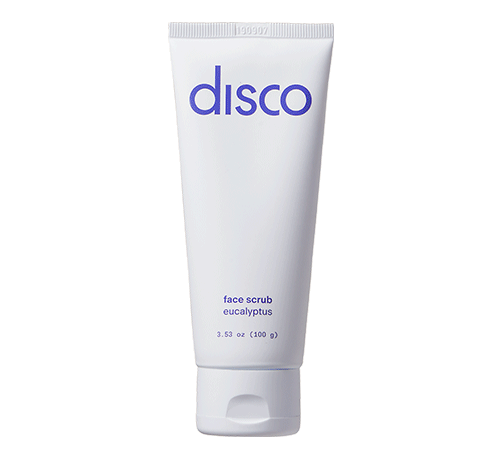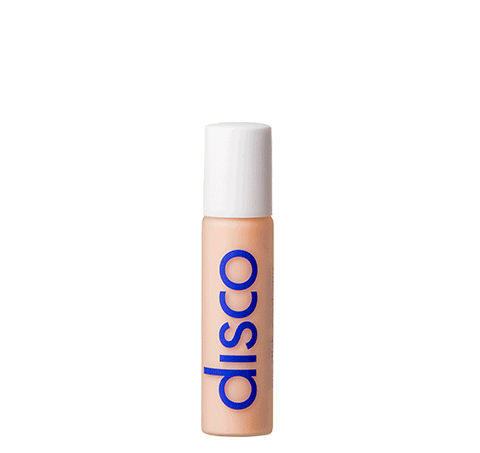Skincare products and their respective ingredients should complement one another. You don’t want to end up over-drying or over-exfoliating, which could look like irritation, redness, and inflammation.
With so many skincare products out there and constantly changing ingredients that go in and out of “style,” it can be difficult to know which ingredients to mix and which to NOT mix. Mixing ingredients can feel a bit like a chemistry experiment, so we’ll help you understand the basics when it comes to mixing.
The general rule of thumb is to avoid mixing skincare ingredients that are doing the same thing. For example, Glycolic Acid and Salicylic Acid both remove dead skin cells by gently exfoliating. These are not good ingredients to mix in your skincare routine, as you run the risk of over-exfoliating, drying out the skin, and therefore causing more harm than good. Let’s run through the major ingredients that require the most attention when it comes to mixing.
Retinol (Vitamin A): Mixing Guide
Retinol is a powerful anti-aging ingredient because it works wonders with resurfacing textured skin, reducing acne of all types, and reducing hyperpigmentation and redness. It stimulates the skin cell cycle, holds collagen together, promotes elasticity, and inhibits pigmentation and redness.
Hyaluronic Acid and Retinol make a perfect duo. Retinol does the tough work of resurfacing the skin, stimulating skin cells, and reducing acne, wrinkles, and fine lines. Hyaluronic Acid is a moisturizing and gentle ingredient that can protect and nourish without inhibiting the powerful effects of Retinol. Retinoids and Retinol also accompany ceramides which have nourishing properties, as well as Niacinamide. Retinol should be applied at night as it reacts poorly to sun exposure and UV light, leading to sunburns. Likewise, if you use retinol during the day or before light exposure, pair it with a protective SPF.
Retinol does not mix well with Vitamin C, salicylic acid, benzoyl peroxide, and AHA/BHA. Salicylic Acid and Benzoyl Peroxide are often found in acne-fighting spot treatments for blemishes. As these dry out the skin, it is risky to mix them with Retinol, which is also exfoliating and resurfacing. You could seriously harm your skin by over-drying and over-exfoliating through the mixture of these two.
Niacinamide (Vitamin B-3): Mixing Guide
Niacinamide mixes well with just about everything. As a form of Vitamin B, Niacinamide fights inflammation, irritation, and redness. It minimizes pores, brightens skin complexion, regulates oils, minimizes fine lines and wrinkles, treats acne, and prevents oxidative stress. It’s a great ingredient to use in your morning or night skincare routine, and pairs well with most exfoliants, cleansers, and moisturizers.
However, Niacinamide should never be used in tandem with Vitamin C. As both ingredients can be used to treat acne, they can actually trigger breakouts. Wait at least 10 minutes between applying each product containing Niacinamide and Vitamin C.
Vitamin C: Mixing Guide
Vitamin C is an important ingredient in a skincare routine as it holds antioxidants, which protect the skin from free radicals. It also is a powerful skin brightener, promoting an even skin tone and fading hyperpigmentation and dark spots.
Vitamin C and E make a wonderful skincare cocktail, as Vitamin C stimulates collagen, protects from environmental pollutants, and reduces the formation of wrinkles and fine lines, while Vitamin E protects the skin from free radicals, thus reducing the visible signs of aging.
Vitamin C does not mix with retinol, AHAs, tripeptides, benzoyl peroxide, or any exfoliants. The pores are very open after using an exfoliating product, so Vitamin C can irritate the skin. In addition, AHAs and BHAs are acids used to treat irritated and blemish-prone skin and can disrupt the pH balance of activated Vitamin C, rendering the Vitamin C useless.
SPF
A product containing SPF should be used daily in order to protect the skin from harmful UV rays. Sun exposure can be incredibly harmful to the skin if not treated and prepared properly. Look for an SPF product that contains a mineral-based vitamin, like the Disco Moisturizing Mineral Sun Block. As a result of its inherent protective properties, SPF can be easily mixed with most ingredients.
The one ingredient or product to be wary of mixing SPF with is heavy night moisturizers or makeup. SPF typically requires the skin to be bare or only containing other skincare products to absorb adequately, so avoid heavy moisturizers or makeup products that can dilute SPF’s effectiveness.
Products that Combine the Right Ingredients For You
If you’re looking for skincare products that combine the correct ingredients for you, look no further. Disco puts the utmost intention into crafting formulations that pair skincare ingredients that will work symbiotically.
The Charcoal Face Cleanser Stick pairs the exfoliant Phytic Acid with nourishing, all-natural ingredients of Coconut Oil and Aloe. Phytic Acid works to shed dead skin cells, gently resurface the skin, and dissolve dirt, oil, and bacteria. To balance the drying nature of an exfoliating ingredient, Coconut Oil and Aloe restore moisture back into the skin.
The Moisturizing Mineral Sun Block is our take on an SPF that combines sun protection with a moisturizer. Niacinamide is paired with protective Zinc Oxide and repairing Tripeptides. Niacinamide helps counteract potential skin damage caused by sun exposure, while Zinc Oxide does the protective work of blocking UV light from the skin. Tripeptides stimulate collagen production, which can help rebuild the dermal structure.
The Hydrating Face Moisturizer combines our favorite skincare cocktail duo: Vitamin C and Vitamin E. Vitamin E is a natural skin-conditioning ingredient that can protect from free radical damage. Vitamin C contains antioxidants that can brighten and balance skin tone.






